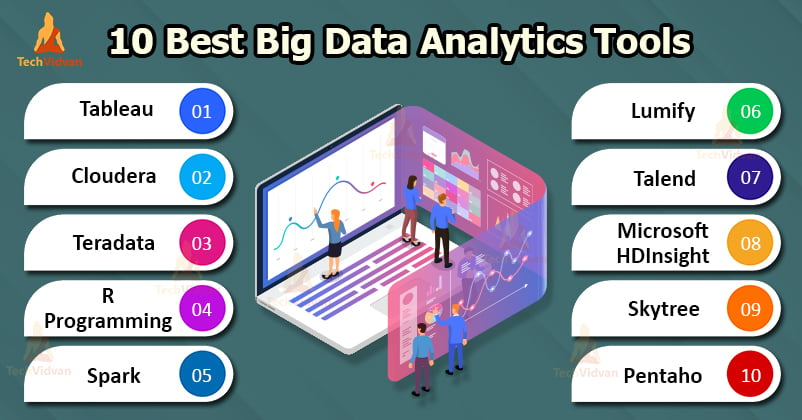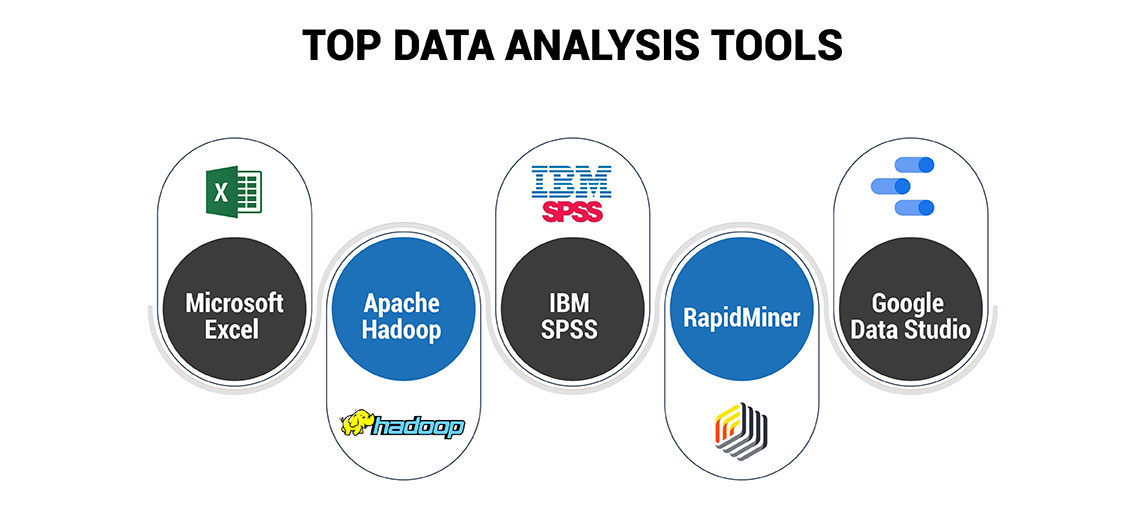Improve ROI and Effectiveness With Strategic Analytics Planning
Improve ROI and Effectiveness With Strategic Analytics Planning
Blog Article
Take Full Advantage Of Development: Just How Analytics Drive Better Methods
In today's data-driven landscape, companies progressively recognize the pivotal duty of analytics fit reliable development approaches. By using data understandings, businesses can improve their functional approaches, prepare for market changes, and improve client engagement. However, the difficulty lies not just in collecting data but in efficiently interpreting it to drive concrete outcomes. As we explore the crucial benefits and techniques connected with analytics, a vital concern arises: how can companies ensure they are leveraging these insights to open their complete possibility? The response might redefine the future of strategic planning.
Recognizing Data Analytics
Data analytics is a systematic computational evaluation of information that makes it possible for companies to discover purposeful patterns and understandings. This procedure incorporates a variety of techniques, consisting of analytical evaluation, predictive modeling, and data mining, which jointly intend to transform raw data right into workable information - Analytics. By utilizing these approaches, companies can make informed decisions that are rooted in empirical proof as opposed to intuition alone
The foundation of information analytics lies in its ability to manage substantial amounts of information from diverse sources. This consists of structured data, such as databases, and disorganized data, consisting of social media sites communications and consumer comments. With the use of specialized software program and tools, analysts can extract and process this data efficiently, identifying patterns and connections that may not be promptly apparent.
Recognizing data analytics likewise involves recognizing the significance of data high quality and stability. Dependable and accurate information is essential for purposeful analysis; thus, companies must implement robust information administration techniques. Additionally, the repetitive nature of analytics permits continual improvement and renovation of methods, ensuring that organizations stay agile despite altering market characteristics and consumer behavior.
Key Benefits of Analytics

One of the essential benefits of analytics is its capability to offer workable understandings. Organizations can quickly examine substantial amounts of data, uncovering patterns that might not be right away obvious. This aids in anticipating market changes and adjusting methods as necessary. Additionally, analytics cultivates a society of evidence-based decision-making, lowering dependence on intuition and guesswork.
Another considerable benefit is enhanced client understanding. Analytics devices allow services to sector their target market, track consumer actions, and personalize advertising and marketing efforts. This targeted approach not only boosts customer interaction however additionally drives higher conversion rates.

Implementing Analytics Strategies
To completely realize the benefits of analytics, companies have to take on organized strategies for application. This starts with plainly specifying purposes that line up with more comprehensive organization objectives. By establishing certain, quantifiable end results, organizations can focus their analytics efforts on locations that yield the highest possible return on financial investment.
Next, organizations ought to prioritize data administration to make certain the stability and safety of the information being evaluated. This includes setting up protocols for data collection, storage, and gain access to while adhering to pertinent policies. Making certain premium information is crucial for generating meaningful understandings.
Moreover, fostering a society of data-driven decision-making is crucial. This calls for training employees to analyze analytics findings and encouraging partnership across divisions. They are a lot more likely to integrate understandings right into their day-to-day procedures. when teams recognize the worth of analytics.
Lastly, organizations need to regularly evaluate and fine-tune their analytics methods. The landscape of data and modern technology is constantly progressing, and staying adaptable will certainly allow organizations to utilize new devices and techniques properly. By carrying out these structured techniques, organizations can optimize the influence of their analytics campaigns and drive sustainable growth.
Devices for Reliable Evaluation
Efficient evaluation depends on a variety of tools that assist in the removal of insights from data - Analytics. These devices can vary from straightforward spreadsheet applications to sophisticated maker finding out platforms, each offering a distinct objective in the analytical process
Information visualization software, such as Tableau and Power BI, plays an important role in changing complex datasets into reasonable graphical representations. These tools enable analysts to determine patterns and trends promptly, permitting even more enlightened decision-making.
Analytical evaluation software, like R and SAS, provides innovative capabilities for carrying out in-depth evaluations, consisting of regression, hypothesis testing, and predictive modeling - Analytics. These features encourage companies to draw meaningful verdicts from their information, determining prospective opportunities and dangers
In addition, data source administration systems such as SQL and NoSQL databases give the required facilities for storing and inquiring huge quantities of information successfully. They make sure that information is arranged and easily accessible for evaluation.
Lastly, business knowledge platforms incorporate numerous data resources, supplying a detailed sight of business performance. By using these devices efficiently, businesses can enhance their logical capabilities, allowing them to establish methods that make best find out this here use of growth and enhance overall performance.
Study of Success
Successful companies typically utilize information analytics to drive impactful strategies, as confirmed by several significant instance researches. By employing these understandings, Netflix has efficiently customized its content recommendations, resulting in boosted individual interaction and client retention.

Additionally, Starbucks employs information analytics to figure out optimal shop locations and improve its item offerings. By analyzing consumer demographics and acquiring patterns, Starbucks successfully identifies high-potential markets important site and tailors its food selection to regional tastes, driving sales and consumer commitment.
These case studies show that efficient usage of data analytics can cause read this post here strategic benefits, cultivating innovation and development within organizations throughout various markets.
Conclusion
In final thought, the integration of analytics into business strategies substantially boosts decision-making processes and promotes sustainable development. The reliable application of analytics devices better sustains dexterity and technology, allowing companies to navigate affordable landscapes with higher precision.
Information analytics is a methodical computational analysis of data that makes it possible for organizations to uncover purposeful patterns and insights.Recognizing information analytics additionally involves recognizing the value of information quality and honesty. Trustworthy and accurate data is critical for meaningful analysis; hence, companies need to implement durable data governance practices.Next, companies should focus on data governance to ensure the honesty and protection of the data being assessed.Effective companies often utilize information analytics to drive impactful approaches, as shown by a number of noteworthy situation researches.
Report this page